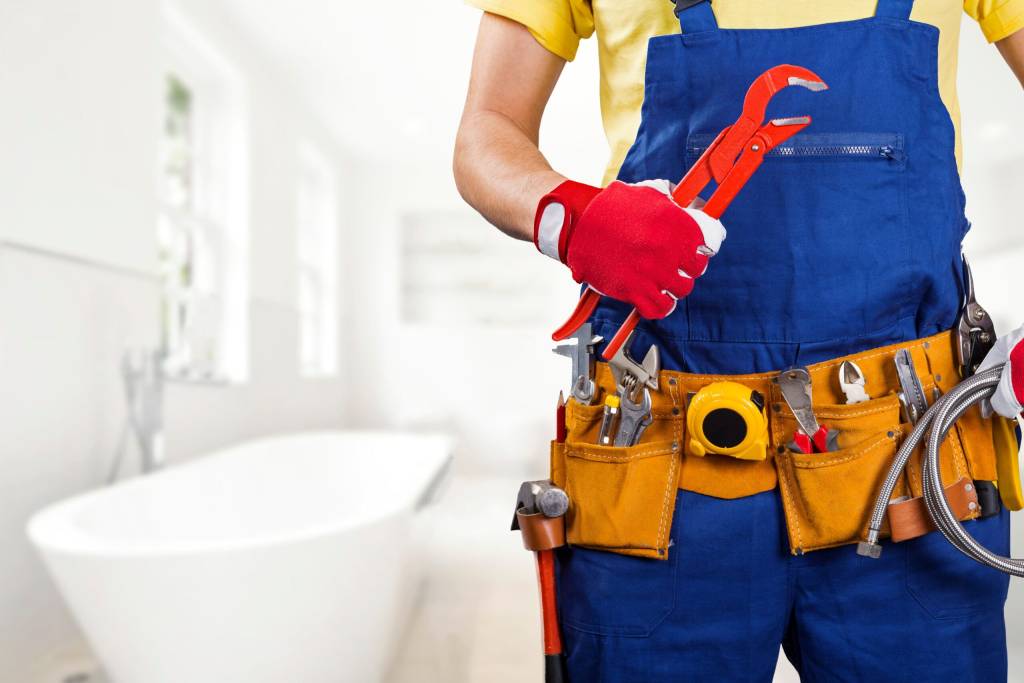Your home’s plumbing system is essential for your daily comfort and convenience, providing clean water for drinking, cooking, bathing, and more. However, many homeowners overlook the importance of regular plumbing maintenance until a problem arises. In this blog post, we’ll highlight the importance of regular plumbing maintenance to prevent costly repairs and ensure the proper functioning of your plumbing system.

1. Early Detection of Issues: Regular plumbing maintenance allows professional plumbers to inspect your plumbing system for any signs of wear, damage, or potential issues. By catching problems early, such as leaks, corrosion, or clogs, you can prevent them from escalating into more significant issues that require costly repairs or replacements. Early detection also allows for prompt repairs, minimizing the risk of water damage to your home and belongings.
2. Extending the Lifespan of Plumbing Fixtures: Just like any other system in your home, your plumbing system requires regular care and maintenance to ensure its longevity. By scheduling routine maintenance checks and servicing for your plumbing fixtures, such as faucets, toilets, and water heaters, you can extend their lifespan and maximize their efficiency. Proper maintenance also helps prevent premature failure and the need for costly replacements, saving you money in the long run.
3. Preventing Water Damage: Water damage is one of the most common and costly issues that homeowners face, often resulting from plumbing leaks or burst pipes. Regular plumbing maintenance helps identify and address potential sources of leaks before they cause significant damage to your home’s structure, flooring, walls, and belongings. By fixing leaks promptly and ensuring that your plumbing system is in good working condition, you can protect your home from water damage and avoid costly repairs and renovations.
4. Maintaining Water Quality: Your home’s plumbing system plays a critical role in delivering clean and safe drinking water to your taps. Over time, pipes can become corroded or contaminated, compromising water quality and potentially posing health risks to you and your family. Regular plumbing maintenance, including pipe inspections and cleaning, helps ensure that your water remains clean, clear, and free from harmful contaminants. Additionally, maintaining your water heater helps prevent sediment buildup and ensures that your hot water remains safe and free from bacteria.
5. Improving Energy Efficiency: A well-maintained plumbing system operates more efficiently, helping you save energy and reduce utility bills. By addressing issues such as leaks, clogs, and inefficient water heaters, regular plumbing maintenance helps optimize the performance of your plumbing system, reducing water waste and energy consumption. Additionally, maintaining your plumbing fixtures, such as installing low-flow faucets and showerheads, can further improve energy efficiency and save you money on water bills.
Conclusion: Regular plumbing maintenance is essential for preventing costly repairs, protecting your home from water damage, and ensuring the proper functioning of your plumbing system. By investing in routine maintenance checks and servicing, you can catch potential issues early, extend the lifespan of your plumbing fixtures, maintain water quality, improve energy efficiency, and ultimately save money in the long run. Don’t wait for a plumbing emergency to occur—schedule regular maintenance with a trusted professional plumber to keep your plumbing system in top condition.

